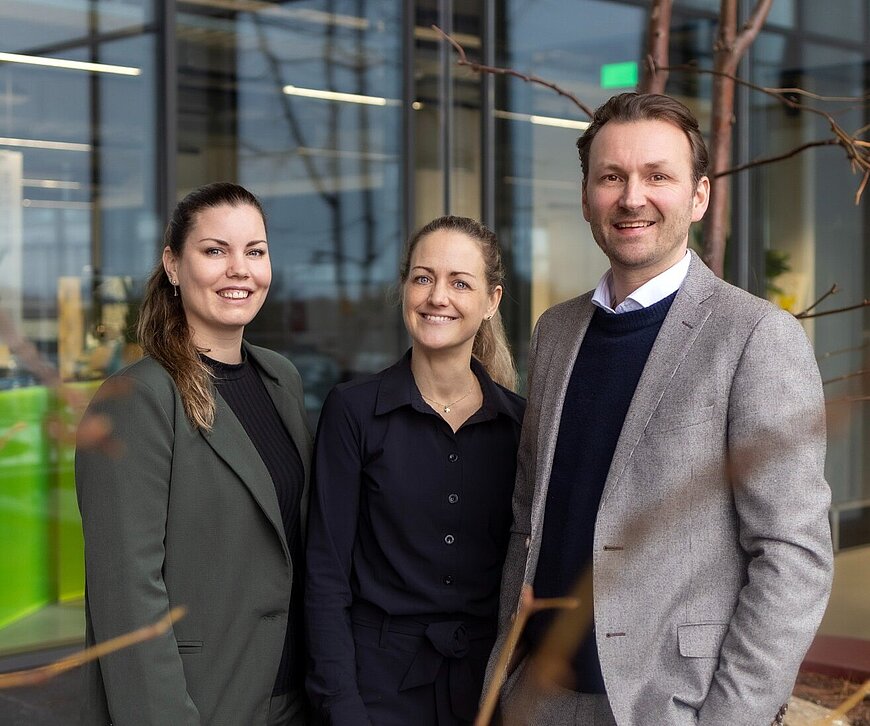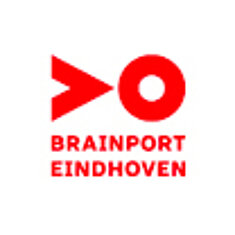New regional vision for international talent

For the Brainport Eindhoven region to stay ahead, international talent is needed. Not only because of the enormous shortage in the labor market but also because cooperation with people from different cultures strengthens our innovative capacity as we work together on the solutions for tomorrow. But how do you attract international talent? How do you retain it? And how do you deal with society's changing attitude toward labor migrants and knowledge workers? To answer these questions, Brainport Development and Holland Expat Center South, together with various other stakeholders, drafted a new regional vision on international talent.
'Our region has enormous growth potential,' says Nicole Zwetsloot, program manager for International Talent at Brainport Development. 'Yet it squeaks and creaks considerably. In the coming years, for example, over 50,000 additional workers will be needed in engineering and IT alone.' Sitting opposite of her are Astrid van Deelen, manager of Education & Labor Market at Brainport Development, and Kris de Prins, director of Holland Expat Center South. The three discuss the importance of attracting and retaining international talent in the region. 'It is one of the solutions to the shortage in the labor market,' says Kris. 'I notice that the demand for internationalsis increasing. Not only with multinationals but also with SMEs.'
Added value
'Then we are only talking about the added value for the labor market,' says Astrid. 'Because diversity also ensures creativity and innovative strength. That is important if we want to stay ahead in this region. And perhaps less obvious: it also strengthens our education. Because young people encounter different cultures, we train them to become world citizens.' The regional vision for international talent describes these and more benefits. 'Society now looks at international talent differently. Some issues are sensitive, for example, regarding the housing market. Where should we live? Do internationals make enough effort to integrate? And are they really needed? With this vision, we emphasize their economic and social value and name the bottlenecks. The vision forms the basis for future regional policy.'
International students
The large number of job openings makes it clear that more international talent needs to be attracted. But how? 'Thanks to data, we know better and better what the identity of our Brainport region is and what skills we lack,' says Nicole. 'We know where talents with those skills are located. Together with employers, we use that data to promote the Brainport region abroad. Furthermore, we are working with education to see how we can make the curriculum even more responsive to demand.' In addition, the region is also committed to retaining international talent. For example, by increasing the stay rate of international students. 'The goal is that they also enter the labor market in the region after their studies,' says Astrid. 'We have to help them do that, together with educational institutions and employers. If we don't, they will leave, and that would be a shame.'
Opportunity for tight sectors
In addition to international students, there is another so-called "talent potential": the partners of international workers. 'They have come to the Netherlands for their partner's work,' says Kris. 'And they often also want to participate in society. That is an opportunity, especially for sectors in short supply, such as healthcare and childcare, where they are in dire need of personnel, but the language is often a barrier. By working together in the region, we can narrow that gap. In addition to the language barrier in certain sectors, housing and education are also bottlenecks when attracting and retaining international talent. 'Because more and more international children are entering, the pressure in education is increasing,' says Astrid. 'The same goes for other social services, such as childcare and healthcare. It is important that we work together regionally on innovative solutions to reduce that pressure.'
Inclusive mindset
The vision cites another key focus: striving for an inclusive societal mindset. 'Or being able to open up to other cultures,' Kris says. 'And realizing there is usually a cultural difference, not an unwillingness. Only then we can create a pleasant living and working climates for all the inhabitants of our Brainport region. Conversely, internationals also have a responsibility to get to know Dutch culture. Nicole adds: 'This is precisely why it is important that we continue to facilitate this exchange in the region. In addition, we need to look more specifically at who we actively attract. There has to be a cultural fit. If someone fits in with the region, they will feel at home here more quickly and, therefore, integrate better and faster. In this way, we can achieve an inclusive society together.
